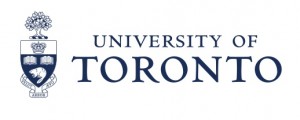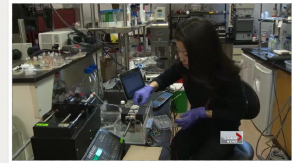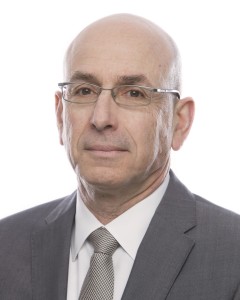University of Toronto Early-Stage Technology Program (UTEST) opens applications for second start-up company cohort
Students, faculty and recent alumni with software ideas must apply by Feb. 22
 Got a killer software-based idea? Are you passionate about turning that idea into a start-up company?
Got a killer software-based idea? Are you passionate about turning that idea into a start-up company?
If you’re a current student, faculty member or recent graduate of the University of Toronto, consider applying to the University of Toronto Early-Stage Technology (UTEST) program.
Applications are now closed. Stay tuned for the third UTEST application call.
Created as a pilot in 2012 to help the U of T community bring their software-based ideas to market, UTEST is part of a growing ecosystem of incubators and commercialization support services.
UTEST accepts companies in the very earliest stages of idea generation— before they’re ready for traditional incubators — and awards each company up to $30,000 in start-up funds.
It also provides nascent software companies with office space in the MaRS Discovery District, mentoring and business strategy support.
“From a results standpoint, we couldn’t be more satisfied with first cohort of companies,” says Kurtis Scissons, co-director of UTEST at U of T. “In six months, they secured over $650,000 in follow-on funding. Each has filed solid patent protection and some are already gaining customer traction. They have also collectively created 21 highly-skilled jobs (HQPs).”
Update May 2013: Those figures now stand at $1.2 million and 29 jobs; most of the companies have secured customers.





